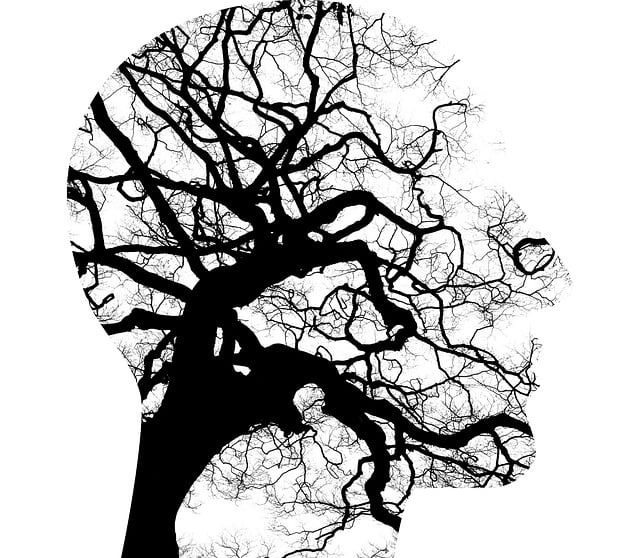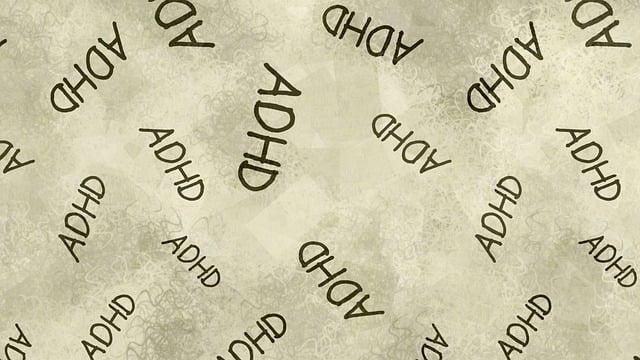Arvada Women's Issues Therapy (AWIT) emphasizes understanding local community needs for effective outreach programs addressing women's mental health and specific challenges like social determinants of health, economic disparities, and cultural factors. By identifying at-risk groups through engagement and research, AWIT tailors programs to resonate with diverse populations, ensuring ethical practice and client safety. Measuring impact through KPIs and participant feedback helps refine strategies, keeping AWIT relevant and aligned with evolving community needs.
Arvada Women’s Issues Therapy (AWIT) has pioneered community outreach programs, effectively addressing diverse women’s needs. This article delves into AWIT’s strategic approach, from understanding local requirements to designing tailored interventions and implementing best practices for maximum engagement. We explore successful case studies and evaluate the impact of their outreach efforts. By focusing on specific women’s issues, AWIT fosters a supportive community, enhancing well-being and empowerment. Through measurable outcomes, this initiative serves as a model for inclusive therapy and social responsibility.
- Understanding Community Needs: Identifying the Target Audience for Arvada Women's Issues Therapy
- Designing Effective Programs: Strategies for Addressing Specific Women's Issues in Outreach
- Implementing and Promoting: Best Practices for Successful Community Engagement
- Measuring Impact and Growth: Evaluating the Success of Arvada Women's Issues Therapy Outreach Programs
Understanding Community Needs: Identifying the Target Audience for Arvada Women's Issues Therapy

Understanding community needs is a foundational step in implementing effective outreach programs, and this is especially true for organizations like Arvada Women’s Issues Therapy (AWIT) that aim to address specific issues prevalent among women. AWIT, through its initiatives, focuses on promoting mental wellness and positive thinking within the local community. To achieve this, they must first identify the target audience—a process that involves delving into the unique challenges faced by women in Arvada. This includes understanding social determinants of health, economic disparities, and cultural factors that might impact their mental wellness.
By conducting thorough research and engaging with the community, AWIT can identify at-risk groups, such as young mothers, low-income working women, or those experiencing domestic violence. These insights are crucial for tailoring Mental Wellness Coaching Programs that resonate with the specific needs of Arvada’s female population. Such a targeted approach ensures that resources are allocated efficiently, fostering a more meaningful and impactful community outreach strategy.
Designing Effective Programs: Strategies for Addressing Specific Women's Issues in Outreach

Effective community outreach programs designed to address women’s issues should be tailored to specific needs and challenges faced by this demographic. For instance, initiatives focused on Arvada Womens Issues Therapy can incorporate strategies that enhance self-esteem improvement, as many women may struggle with their sense of worth and confidence. Workshops and support groups that offer safe spaces for open discussions about personal struggles, along with practical tools for building resilience, can be transformative. Additionally, incorporating conflict resolution techniques into these programs empowers women to navigate interpersonal challenges healthily.
Risk management planning for mental health professionals involved in such outreach is paramount. This includes ensuring a comprehensive understanding of local resources and service providers to offer tailored support. By integrating risk assessment tools and crisis intervention training, professionals can effectively manage potential risks while fostering an environment that promotes healing and growth. These strategies collectively contribute to the overall well-being of women within the community, creating a network of support that addresses both immediate needs and long-term mental health goals.
Implementing and Promoting: Best Practices for Successful Community Engagement

Implementing a successful Community Outreach Program requires a strategic approach and a deep understanding of the local community’s needs, especially when addressing sensitive issues like women’s mental health. Organizations like Arvada Women’s Issues Therapy have shown that tailoring outreach efforts to the specific cultural and social context can lead to increased access to Trauma Support Services.
Effective promotion involves clear messaging that highlights the benefits of the program. This includes emphasizing confidentiality, cultural sensitivity, and the availability of trained professionals. For mental health professionals, conducting a thorough Risk Assessment is crucial before engaging with new communities to ensure ethical practice and client safety. By combining these best practices, community outreach programs can foster trust, encourage participation, and ultimately improve mental well-being within diverse populations.
Measuring Impact and Growth: Evaluating the Success of Arvada Women's Issues Therapy Outreach Programs

Measuring the impact and growth of Arvada Women’s Issues Therapy outreach programs is an essential step in evaluating their success. By employing robust evaluation methods, the initiatives’ effectiveness can be assessed, ensuring that resources are allocated efficiently and that the programs meet their intended goals. This involves tracking key performance indicators (KPIs) such as the number of participants, engagement rates, and the depth of service utilization. For instance, measuring the rise in attendance at therapy sessions or workshops over time indicates growing interest and trust in the outreach efforts.
Additionally, qualitative feedback from participants through surveys or focus groups can provide valuable insights into the programs’ impact on mental health outcomes. These evaluations help identify areas for improvement in the design of Mental Health Education Programs, particularly in addressing issues like Burnout Prevention and Anxiety Relief. By continually refining the outreach strategies based on these assessments, Arvada Women’s Issues Therapy can ensure that their initiatives remain relevant, effective, and aligned with the evolving needs of the community they serve.
Arvada Women’s Issues Therapy has demonstrated that a well-structured community outreach program can significantly impact women’s lives. By understanding specific needs and designing tailored strategies, as illustrated in this article, organizations like Arvada Womens Issues Therapy can effectively reach and support their target audience. Through successful implementation, promotion, and evaluation, the programs have the potential to grow and make a lasting difference in the community. These practices ensure that resources are utilized optimally, fostering a healthier and more supportive environment for women.









